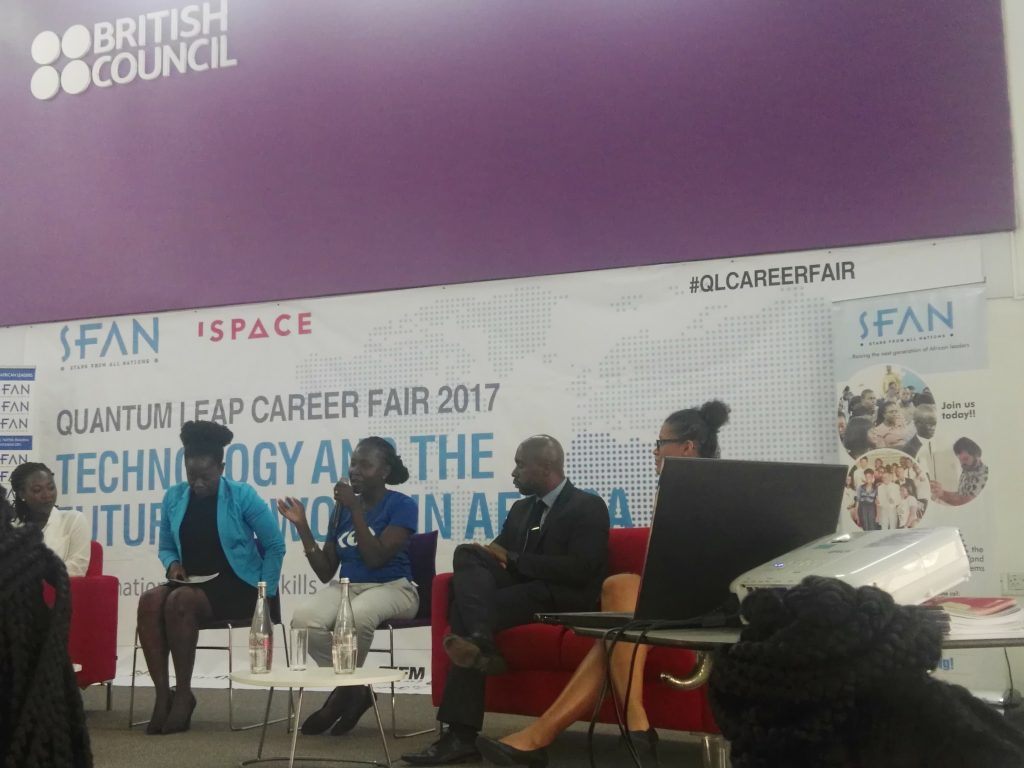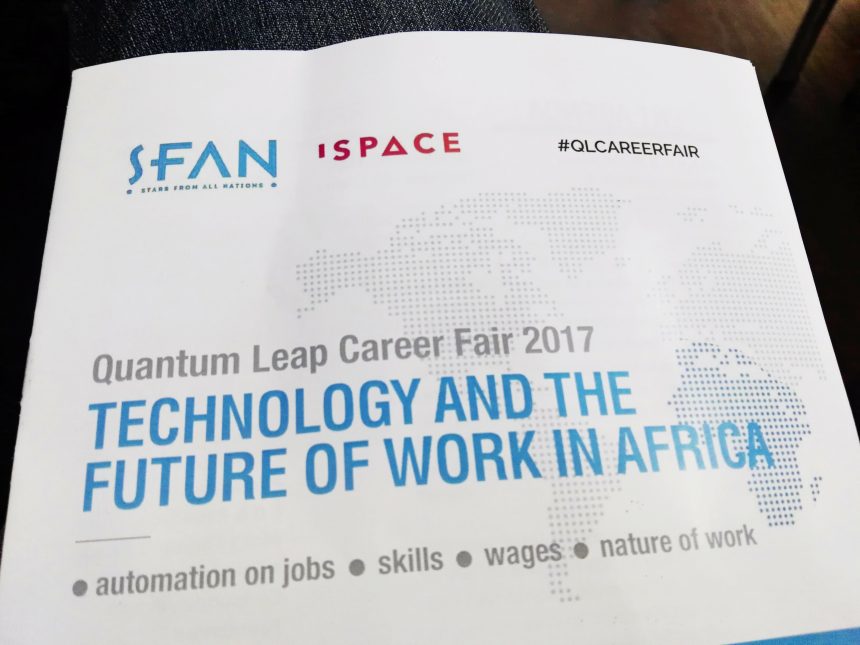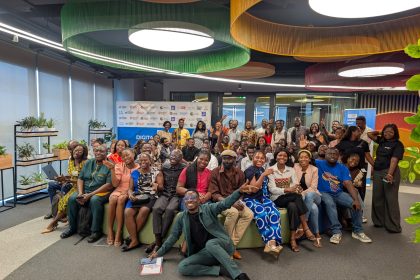They say the future is automation and it sure seems that way. If you’re following the trends of technology, it looks like the robots are coming and they’re coming for our jobs. In the car manufacturing business, robots have taken over the assembly line. Things that needed to be done by humans are slowly being replaced with robots. Soon enough, these bots could move from the assembly line and make their the way into the service industry.
Technology is slowly replacing people who offer services. Before I got hooked on ExpressPay to pay for my airtime credit, I used to buy scratch cards from the guy in the streets. But now I can easily whip out my phone and easily purchase credit online. I really have no need to buy from the guy in the street selling credit or the person at the corner with an umbrella stand with a table advertising mobile money transfers.
In the US, I hardly had use for a fuel attendant to fuel my car. I just used my credit card and swiped at the machine and entered the amount I wanted. Is it too far-fetched to think that the same thing can’t be replicated at Ghanaian fuel stations? Perhaps fuel attendants may need to think about another line of work. If Shell or Goil can make use of those systems, why hire people to fuel your car for you?
Those were the themes that were touched on at the Quantum Leap Career Fair 2017 at the British Council. The event was put together by Star Of All Nations (SFAN), a high impact social enterprise that bridges the gap between education and work.
The event was created to talk about the future of jobs in Africa. Are the robots coming for our jobs? Is AI ready to take away service jobs from the next generation?
Lucy Quist: The Hero We Need In Our Society

The keynote speaker for the event was Lucy Quist. Lucy is currently the CEO of Airtel. She’s a strong advocate for STEM and girls education.
She’s a very eloquent speaker. Her address focused on what was happening back in the day with computers and automation to the present day where things she was doing in the past could easily be replicated with the use of an app on your smartphone.
She was very passionate about what she talked about and it showed during the Question and Answer section where she answered questions from the audience about education, changing mindsets and slowness and inefficiency of government services.
It’s great to be in the presence of people like Lucy Quist because she’s the type of person that gets it. She really believes that people themselves need to get better and improve and not look at government to always save them. Her views don’t just focus on Ghana but on the African continent as well.
Collaboration, Robots and Hidden Figures: Summary From The Panel

After Lucy Quist’s marvellous keynote speech and Q&A, a group of panellists were up next to talk about the future and changing nature of work in Ghana and Africa.
The moderator for the panel was my internet crush Jemila Abdulai, the founder and editor of Circumspecte.

The panellists included Yasmin Kumi (Founder of Africa Foresight Group), Josiah Kwesi Eyison (Co-Founder of iSpace), Amma Baffoe (Head of Recruiting at MEST), Genevieve Puni (HR Practitioner from RecTrain Services Limited) and Paul Payne (Manager of British Council Skills Hub).

A lot of issues were touched upon including being business minded and entrepreneurial, adapting to the future of the coming of AI and robots which seems inevitable and thinking outside the box and upgrading your skillset through the use of the internet and networking.
It was mostly agreed that even though the robocoplyse is coming, it will be a slow build before it has adverse effects in Ghana. But generally, people will need to adapt and still stand out if and when AI or bots take over. An example from the panellists about adapting was a reference to the movie “Hidden Figures“, where the three main female characters taught themselves programming because they foresaw their replacements being IBM computers.
Another interesting topic which was started by Josiah Kwesi Eyison (iSpace) was the idea of collaboration. It seemed that Josiah felt like the British Council were seemingly competitors instead of collaborators in the tech space when it came to training and skills specialisation.
Paul Payne (British Council Skills Hub) made a rebuttal and said that it was not the intention of the British Council to compete with the likes of iSpace and noted examples of other hubs that the British Council had collaborated in the past. The matter was seemingly resolved and it looks like iSpace and British Council will be collaborating in the future with some upcoming events.
Looks like everybody wins.
During the wrap-up and final thoughts from the panel, Amma Baffoe gave a great message to the audience (which was full of young university students) about what she would have done differently at school with the things she knew now. She said she would have gotten an internship or a part-time job while at school to improve her skills. She would have also taken advantage of more events (including the Career Fair) to network with people in the industry. I think the message hit home with lots of people in the audience nodding in agreement to what she was saying.

I’m always reading up on what the future of tech looks like. Driveless cars seem to be the new thing with automative companies investing in that space. Uber is testing driveless cars which could eventually replace physical drivers. AI bots are constantly in the news stream. Websites are integrating these machines into chatbots and smartphones.
The Machines are coming for some of our jobs whether we like it or not. From the event, it looks like a way to combat this is to adapt and get with the times. The internet has brought about different ways to learn and upgrade your skills. You can find dozens of videos on the internet about to how to code, how to build and just about do anything. British Council and iSpace are helping with young kids to do more by giving them entrepreneurial skills. Genevieve Puni (RecTrain) also touched on having soft skills. Even though the robots can do a lot of things, there are still going to be a need for people to do analytics on documentations and written reports and also to have leadership skills.
Truth be told, I’m a fan of automation. It makes things more efficient and better. But I am aware of the effects it has especially when it replaces the jobs of humans. But like the panelist, I do believe in upgrading yourself with more skills to avert the coming of the robots. It’s easier now for me to learn how to code, how to write better, how to produce videos and even how to set up this website and create content which you are reading now.
The robots are coming. But it doesn’t mean it’s all gloom. We just have to prepare for it.










